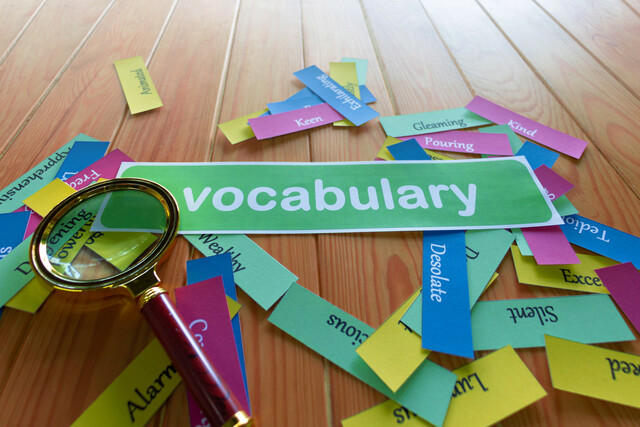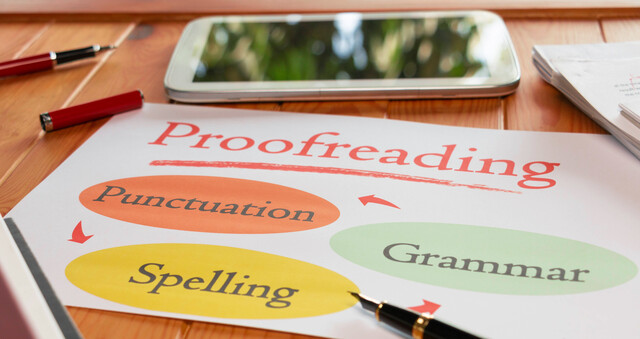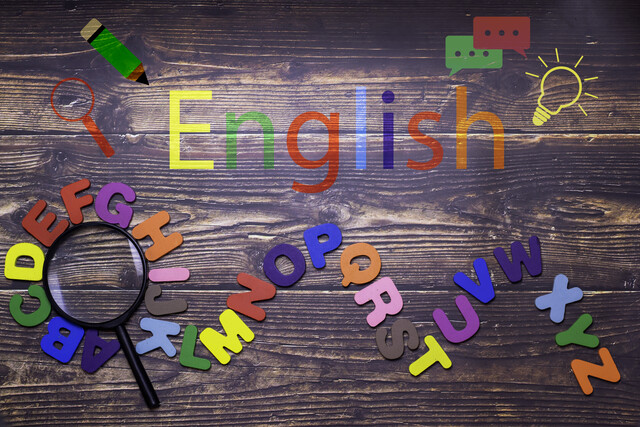Writing Basics 101: Spelling, Grammar, Punctuation, Writing Structures
Learn Spelling, Grammar, Punctuation & Writing Structures

29 Hours average completion time
2.9 CEUs
20 Lessons
77 Exams & Assignments
545 Discussions
25 Videos
250 Reference Files
202 Articles
Mobile Friendly
Last Updated December 2025
Mastering the Art of Written Expression
It's often said that effective communication is the key to success, yet many of us find ourselves stumbling over the very basics we once mastered in our early educational years. Think back to elementary and middle school when the foundations of grammar and spelling were etched into our minds. But as the years went on, especially during high school and beyond, the emphasis on these foundations began to wane. It became an assumption that we retained all those rules. Unfortunately, life's rapid pace and technological advancements, with auto-corrections and abbreviations, have blurred the lines of proper writing for many.
Introducing our meticulously designed course: a deep dive into the nuances of the English language tailored for both beginners and those seeking a refresher. Whether you're an aspiring novelist, a business professional aiming to enhance your email correspondence, or simply an individual looking to express thoughts more articulately, our program caters to your needs.
What Makes Our Course Unique?
-
Holistic Approach: Beyond just imparting the basic rules of grammar and spelling, we venture into style, structure, and common pitfalls in writing. You'll not only revisit those "minor details" but also learn the mechanics of assembling them into coherent, persuasive, and engaging pieces of writing.
-
Self-Paced and Interactive: Understandably, everyone learns at their own speed. Our course's online structure ensures flexibility. Engage with interactive assignments, participate in polls, and deep-dive into documents and resources to enrich your learning.
-
Hands-On Guidance: While the course might be online, you are never alone in your journey. Our dedicated instructor will be actively involved in grading assignments, clarifying doubts, and offering personalized guidance through email.
-
Real-World Application: Each lesson is designed with applicability in mind. For instance, in Lesson 5, not only will you understand the age-old confusion between "ie" and "ei", but you'll also discern when to use which, through practical examples. Or, delve deep into the world of punctuation in Lesson 18, and understand how colons and semicolons can transform the clarity and rhythm of a sentence.
-
Comprehensive Curriculum: From the basics like common misspellings and plural forms to more advanced topics such as refining sentences, constructing compelling paragraphs, and mastering dialogue, our 26-lesson curriculum ensures a 360-degree understanding of written English.
Course Highlights:
-
Lesson 3: Unravel a list of commonly misspelled words, complete with tricks to remember them.
-
Lesson 8: Homonyms can be tricky. Dive into understanding the difference between words like 'principal' and 'principle'.
-
Lesson 13 & 14: Discover the power of phrases and clauses to add depth and complexity to your sentences.
-
Lesson 20: Quotation marks can be deceptive. Learn their correct usage, especially in intricate situations like quotations within quotations.
-
Lesson 25: Proofreading isn't just about catching errors; it's an art. Develop a keen eye for inconsistencies and learn techniques to perfect your drafts.
The world of written communication is vast, intricate, and beautiful. Every word, when used accurately, has the power to evoke emotions, persuade minds, or simply convey information clearly. With our course, embrace the opportunity to hone this skill and navigate the landscape of language with confidence and finesse. Come, join us on this enlightening journey, and see the transformation in your writing unfold.
- Enhanced grammar and punctuation knowledge
- Effective revision and proofreading techniques
- Ability to differentiate homonyms and sound-alike words
- Clarity in expression and communication
- Skilled use of punctuation tools
- Insight into real-world writing applications
- Improved spelling and vocabulary skills
- Mastery of sentence construction
- Proficiency in constructing coherent paragraphs
- Understanding of complex writing structures
- Ability to use varied writing styles
-

Vocabulary Level 3
-

ESL Grammar Skills Level 1
-

Spelling 101
-

Basic Writing Skills Level 2
-

ABCs of English Grammar
-

Punctuation and Grammar 101
-

English Composition
-

ESL Basic Grammar
-

English Grammar Level 2
-

ESL Grammar Skills Level 4
-

English Grammar Level 3
-

Vocabulary Level 1
-

ESL Grammar Skills Level 5
-

ESL Basic Grammar and Writing
-

ESL Grammar Skills: Level 1-5 Course Bundle
-

ESL Basic Writing Skills
-

Basic Writing Skills Level 1
-

Basic Writing Skills Level 3
-

ESL Grammar Skills Level 2
-

Vocabulary Level 2
-

English Grammar Level 1
-

Enhance Your Everyday Vocabulary